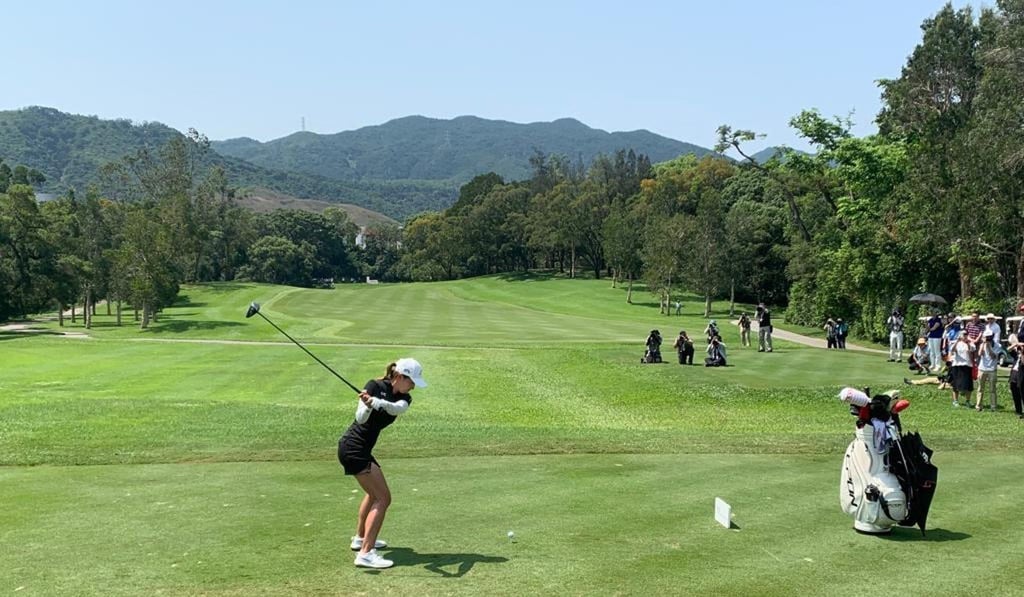Advertisement
LPGA golfer Tiffany Chan using meditation and mindfulness to turn around a tough season
- Hong Kong’s first LPGA golf pro talks about learning to let go after a bad shot
- After missing the cut in seven tournaments, Chan, winner of the 2016 Hong Kong Ladies Open, is getting back on track using mindfulness
Reading Time:5 minutes
Why you can trust SCMP

It’s a struggle many athletes face: a bad play weighs on your psyche, jolts your confidence, derailing the rest of your performance. It’s a familiar struggle for Hong Kong’s top woman golfer, Tiffany Chan Tsz-ching.
Chan, the first Hongkonger to become an LPGA player, is having a tough season, having missed seven cuts in tournaments, including an early exit at the LPGA Mediheal Championship in San Francisco and the Hugel-Air Premia LA Open in Los Angeles last month.
However, she is getting her mojo on the green back. She finished in fifth place at the 2019 EFG Hong Kong Ladies Open this month.
Advertisement
Chan won the Hong Kong Ladies Open at the Hong Kong Golf Club in 2016. She is currently ranked 347th globally.

Advertisement
Good shot or bad, you can’t carry your emotions to the next hole, Chan says.
“Every time you finish a shot, it’s in the past, it won’t affect how well you hit the next one.”
Advertisement
Select Voice
Select Speed
1.00x